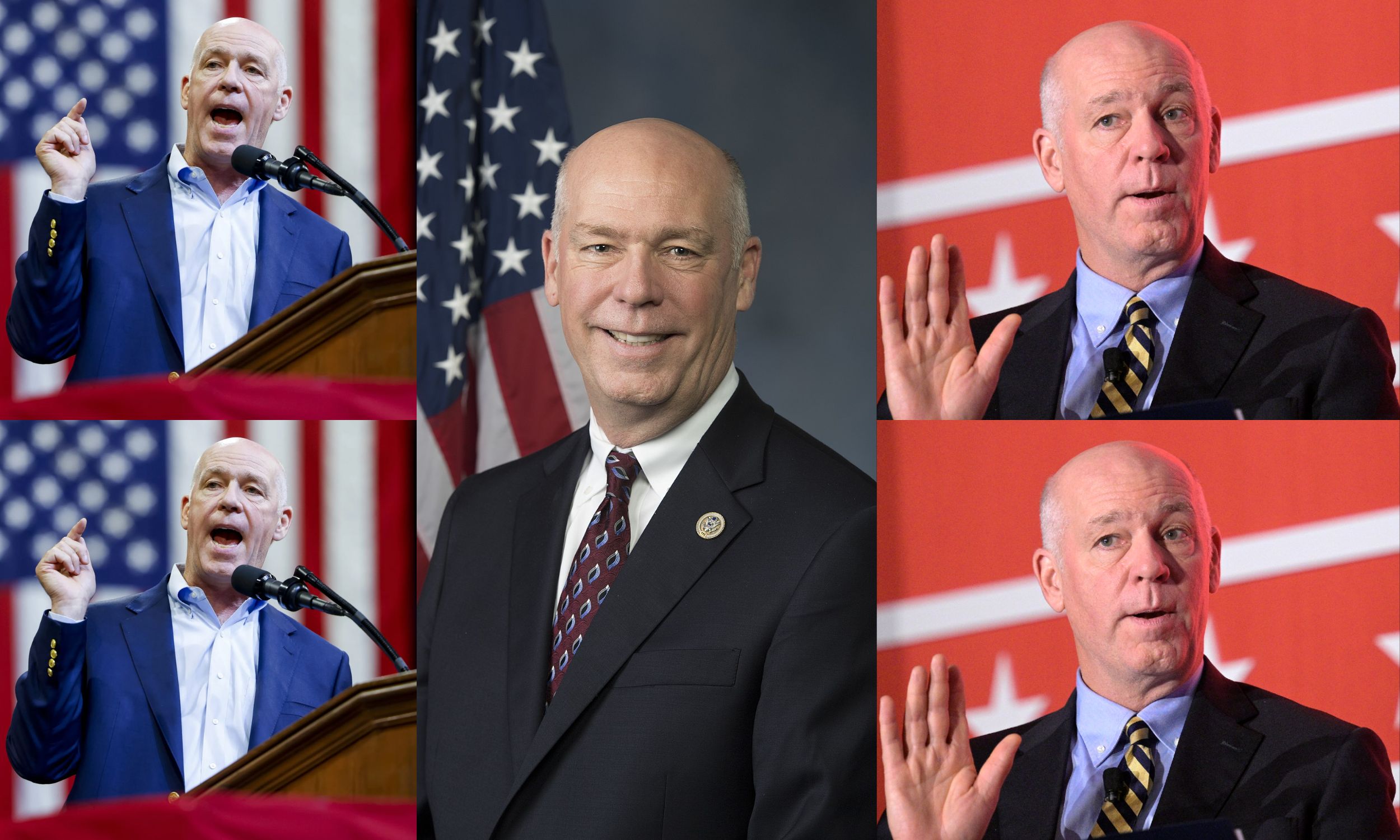On Wednesday, the Republican Governors Association (RGA) announced that Georgia Governor Brian Kemp will take over as its new chair, following an election held at the group’s annual conference.
Kemp will transition from his role as vice chair for 2024 to lead the organization for the next year, while Montana Governor Greg Gianforte will assume the vice chair position for 2025.

The RGA is set to play a critical role in the upcoming gubernatorial elections, with races scheduled in New Jersey and Virginia in 2025. Kemp emphasized the importance of conservative leadership, stating, “Republican governors are making commonsense, conservative policies a reality, putting families and children first, and making our states the best places to run a business and raise a family.”
Kemp expressed his enthusiasm for collaborating with fellow GOP governors and President-elect Trump to continue serving the American people and expanding the Republican presence in gubernatorial offices.
This leadership change comes on the heels of an improved relationship between Kemp and Trump, which became apparent over the summer. After winning Georgia in 2016 and losing it in 2020 despite election fraud claims, Trump managed to flip the state back to the GOP column this month.
In 2022, Kemp secured a second term as governor, defeating Democrat Stacey Abrams in a high-profile race. However, he is term-limited and will be ineligible to seek re-election in 2026. His new role with the RGA has sparked speculation about a potential Senate challenge against Sen. Jon Ossoff (D-Ga.) or a 2028 presidential bid.
Kemp succeeds outgoing Tennessee Governor Bill Lee, who has served as RGA chair for 2024. Lee will transition to the 2025 executive committee alongside other prominent GOP governors, including Sarah Huckabee Sanders of Arkansas, Kim Reynolds of Iowa, Tate Reeves of Mississippi, Mike Kehoe of Missouri, Kevin Stitt of Oklahoma, and Glenn Youngkin of Virginia. Additionally, South Carolina Governor Henry McMaster will serve as the policy chair.
Meanwhile, Democratic governors are uniting in opposition to the incoming Trump administration as Republicans are poised to take control of both the White House and Congress next year. Despite the shift in power, the GOP currently holds 27 governorships, while Democrats manage 23, with no seat changes occurring this fall.


